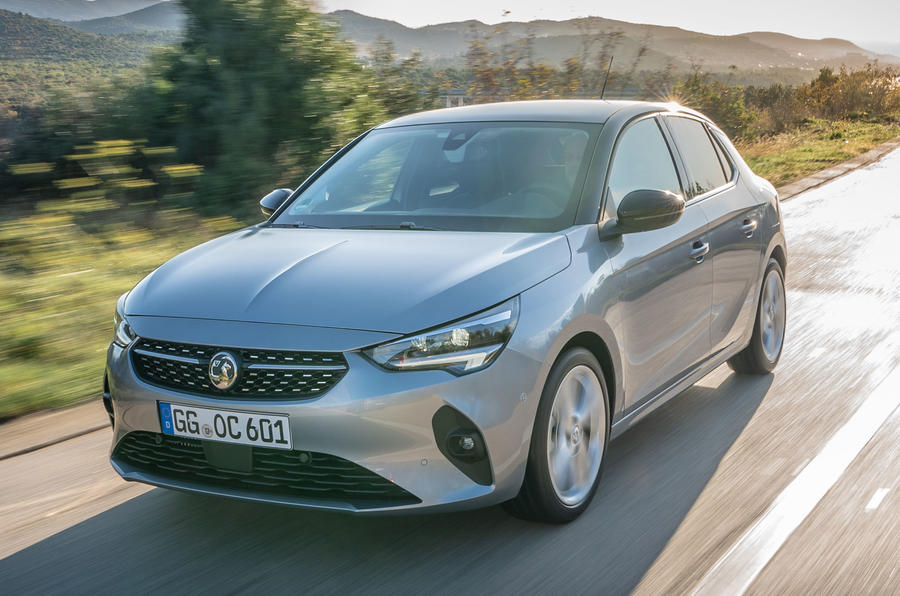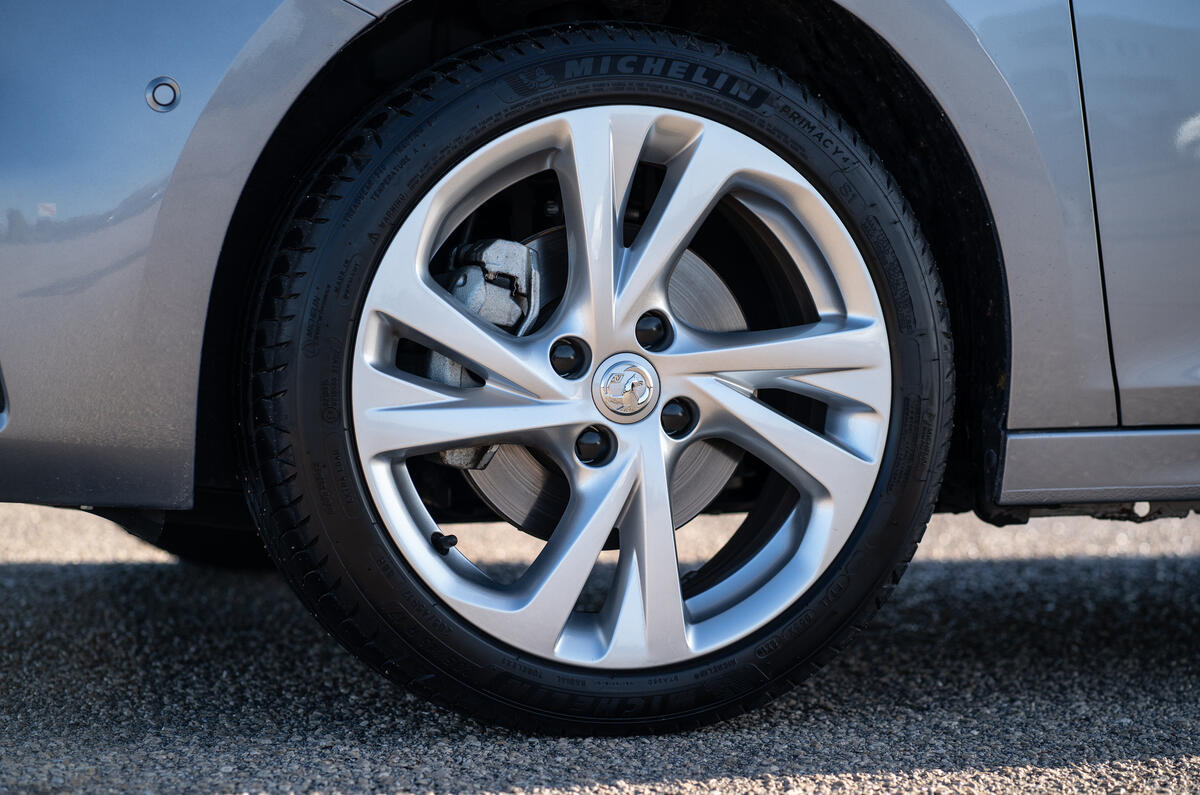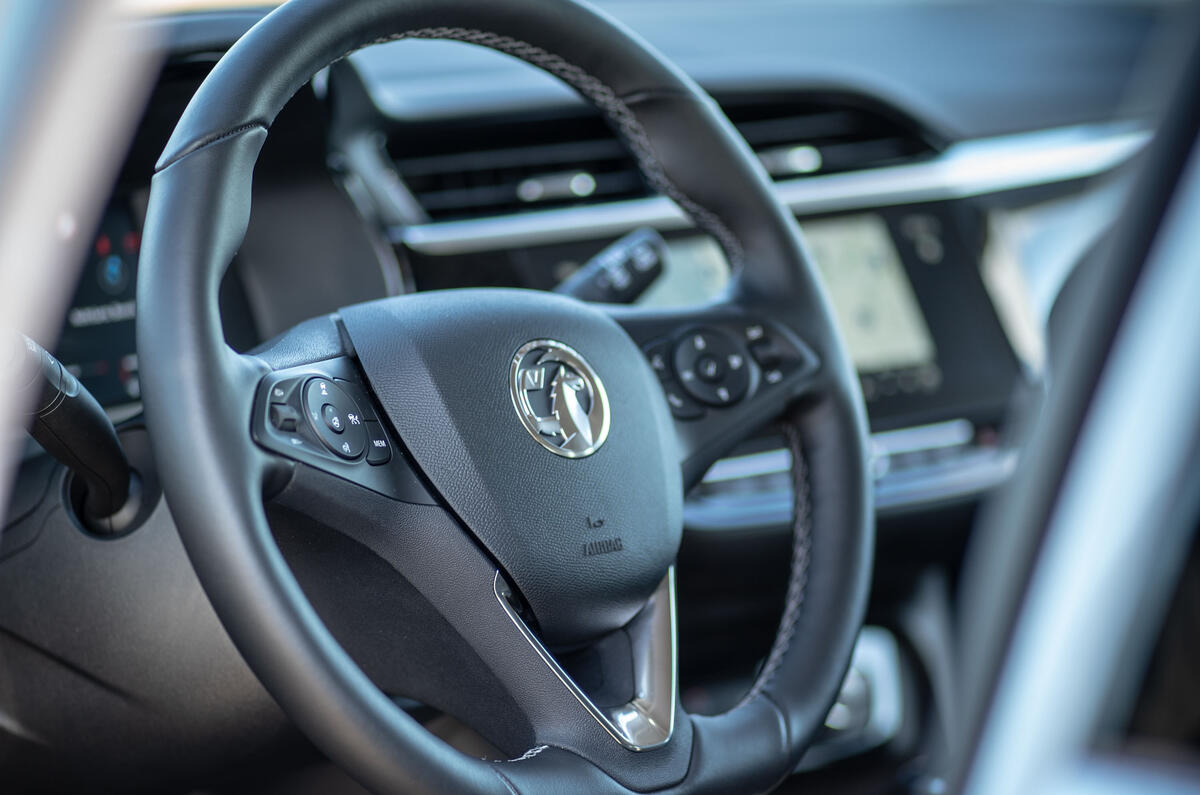What is it?
Seldom does Autocar give plaudits at the start of an appraisal, but in the case of the new Vauxhall Corsa, we can make an exception.
When the PSA Group (owner of Peugeot, Citroën and DS) bought Opel-Vauxhall from General Motors (GM) for £1.9 billion back in 2017, the fifth-generation Corsa was already on the cusp of validation testing after years of development. In engineering terms, the project wasn't quite done and dusted but close to it.
A decision was nevertheless made to throw out GM’s underpinnings and instead start afresh with PSA’s modular CMP platform, which can also be found beneath the new Peugeot 208. Why? Because not only would PSA have had to licence the old hardware from GM at some expense but also its own equivalent is simply a more versatile bit of hardware, allowing for the implementation of sensor-based driver aids and various levels of powertrain electrification. Crucially, it's also spacious enough to accept four-cylinder engines, which the GM equivalent wasn't.
The only problem was that it left Opel with just two years to redevelop what is by far its best-selling model. And two years in automotive product development terms is akin to writing a PhD thesis during your lunch break.
As we reported earlier this year, many of the most experienced employees at Rüsselsheim were assigned to the task, and they duly delivered. So, at the second attempt, here we have it: the actual, all-new, fifth-generation Corsa. Bravo Opel and Vauxhall.
Now that it’s here, you’ll find it an attractive supermini, if a little unassuming. There’s an air of maturity never before seen with the Corsa, and neat creases have replaced the oddly aggressive lines of the fourth-generation car. It’s also impossible not to see the connection to the 208, mainly in the silhouette. The CMP basis promotes unambiguous two-box dimensions, and so the Corsa now sports a longer bonnet, with the windscreen sitting a long way further back. To put it bluntly, the proportions are much less van-like and all the better for it.
Unsurprisingly, the dimensions of the Corsa and 208 are also almost identical, bar a few millimetres here and there, and absolutely typical of the segment today. But again, compared with the old Corsa, the differences are clear as day. The new car is 39mm longer but its roof is 48mm lower (sounds like a different class, doesn’t it?), giving improved aerodynamics and an athletic stance alien to any non-VXR Corsa thus far.
What's then surprising is that width has decreased. Only by a single millimetre, admittedly, but when it comes to superminis, the narrower the better, and perhaps this is the start of a trend. Finally, the wheelbase has grown a useful 28mm, which ought to improve occupant space (but it’s actually still pretty tight in the back).
Such are the radical changes a fresh platform can bring. However, there are other welcome developments that are less the consequence of PSA’s design and manufacturing expertise and more the result of ingenuity in Rüsselsheim.
Although larger, the Corsa’s body-in-white weighs some 40kg less than before. There are further savings for the front seats (5.5kg), rear seats (4.5kg), aluminium bonnet (2.4kg) and engines (15kg on average). It means the lightest variant – the basic Corsa SE fitted with naturally aspirated three-cylinder petrol and riding on 16in wheels – weighs less than a tonne. Not since the Corsa B of 1993 has Vauxhall’s supermini been so dainty.






























Join the debate
Add your comment
What about the shape?
It is an ugly mixture of previous Corsa designs, not helped by the greyness of the example shown, but my experience is that Vauxhalls are generally better to drive and live with than most peoples perception and I guess this will be the same.
However, the issue for me with Vauxhall has always been the disinterested and careless attitude of the dealers. However good the product, without a good backup system they needn't bother.
I think it looks nice
And for a lot of people that'll be all it takes if the price is right. If the electric one is cheap to lease there will be an awful lot of them about.
Vauxhall's future
Can we expect a little more honesty and facts in these articles?
Rather than concoct some miracle story about the Vauxhall workers creating this design over night why not admit that GM agreed the sale of Opel and Vauxhall years ago and started meshing their production plans with Peugeot likewise years ago. To suggest anyone can build and test a new model in 2 years would suggest the writer things we are children.
Having lived in the shadow of the factory I am happy to support some honest reporting.